Shalom Nagar, the Israeli prison officer who carried out the execution of Nazi war criminal Adolf Eichmann, has died at the age of 88. Nagar’s pivotal role in this historic event remained hidden from public knowledge for decades before he eventually shared his story with the world.
Eichmann, one of the primary architects of the Holocaust, was captured by Mossad agents in 1960 after years of evading justice in Argentina. He was brought to Israel to stand trial for his role in orchestrating the genocide of six million Jews. Convicted and sentenced to death, Eichmann’s execution in 1962 remains the only instance of capital punishment carried out by the State of Israel.
Born in Yemen in 1936, Nagar immigrated to Israel as a young orphan and later served in the IDF’s Paratroopers Brigade. He joined the Israel Prison Service after his military service, where his life would intersect with one of the darkest figures in modern history.
As a prison officer, Nagar was assigned to guard Eichmann during his trial and incarceration at Ramle Prison. He was part of a specially selected team of 22 guards, chosen to ensure impartiality and to prevent any harm coming to the prisoner before justice could be served. Strict precautions were taken, including prohibiting Holocaust survivors among the guards and requiring them to taste Eichmann’s food to rule out poisoning.
When the time came to carry out Eichmann’s death sentence, Nagar was not eager to take on the role. Guards were asked to volunteer, but the task fell to Nagar after his name was randomly drawn. Initially reluctant, Nagar agreed after being shown photographs of children who were victims of Nazi atrocities, which solidified his resolve to see justice done.
The execution took place in a custom-built gallows at Ramle Prison. Eichmann, maintaining his composure to the end, declined a blindfold. Nagar, after placing the noose around Eichmann’s neck, activated the mechanism that ended the monster’s life. He later described the unsettling aftermath of the event, including his horror at Eichmann’s lifeless body making a gasping sound as air escaped his lungs when the noose was removed.
After Eichmann’s death, his body was cremated in an oven built by a Holocaust survivor, and his ashes were scattered at sea beyond Israel’s territorial waters. This final act ensured that no trace of Eichmann remained, denying him even a symbolic resting place.
For 30 years, Nagar’s identity as Eichmann’s executioner was kept secret, with the details of the event tightly controlled by Israeli authorities. His story surfaced in 1992 when a journalist researching the 30th anniversary of Eichmann’s execution uncovered his name. Over time, Nagar began speaking publicly about his experience, offering insight into the emotional and moral weight of his role.
In later years, Nagar, who had shifted away from religious observance earlier in life, returned to his roots and became frum, settling in Kiryat Arba. He often reflected on his role in Eichmann’s execution as both a deeply personal burden and a responsibility to the memory of those who perished in the Holocaust.
One of his most notable interviews was with a German media outlet, conducted in a lively bais medrash. Nagar chose the setting deliberately, explaining that he wanted viewers to see the resilience and flourishing of the Jewish people—proof of survival and growth despite the Nazi regime’s efforts to annihilate them.
Yehi zichro baruch.
(YWN World Headquarters – NYC)

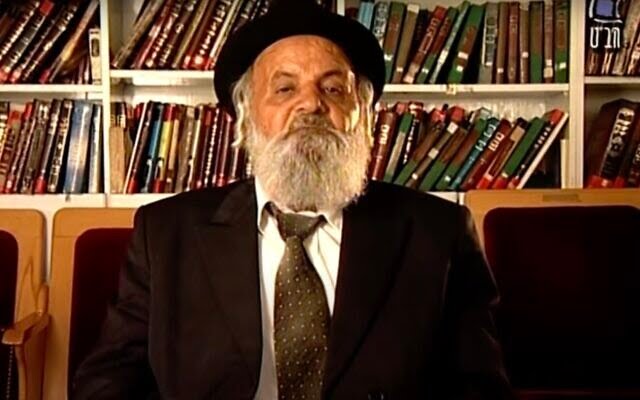

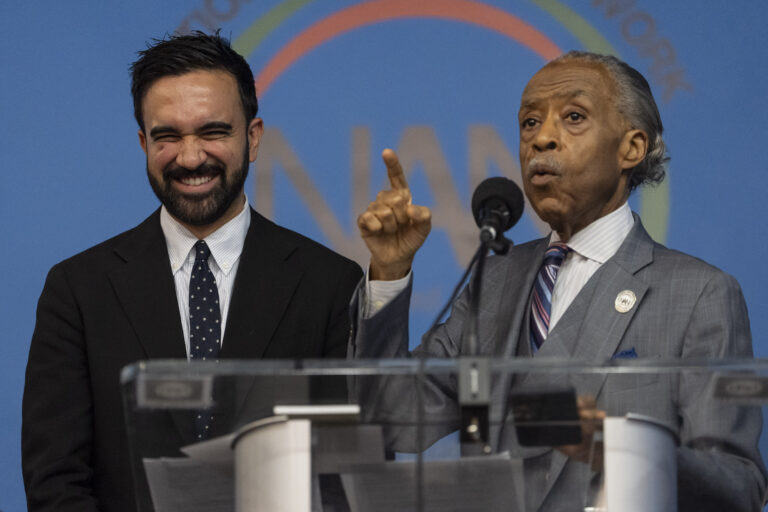


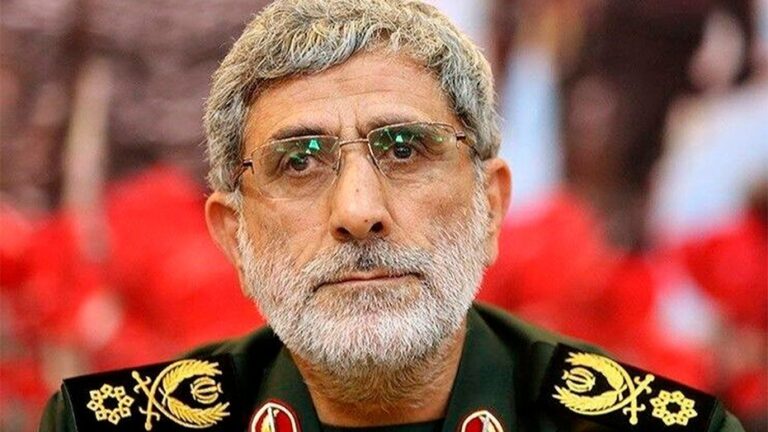
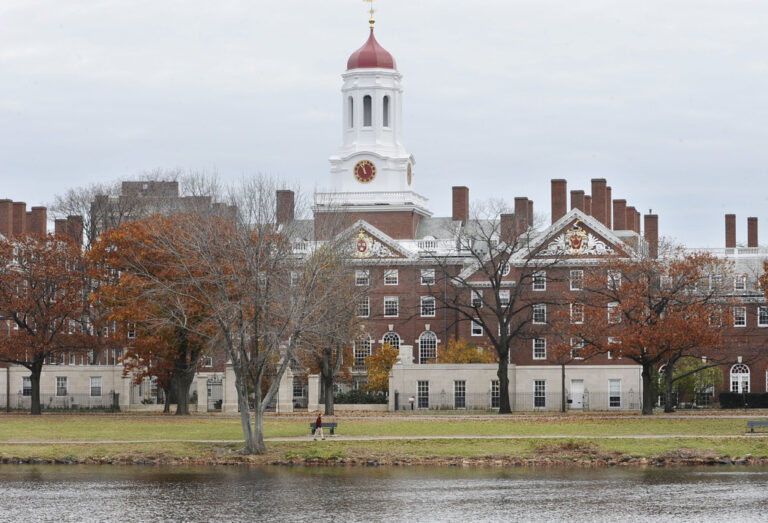

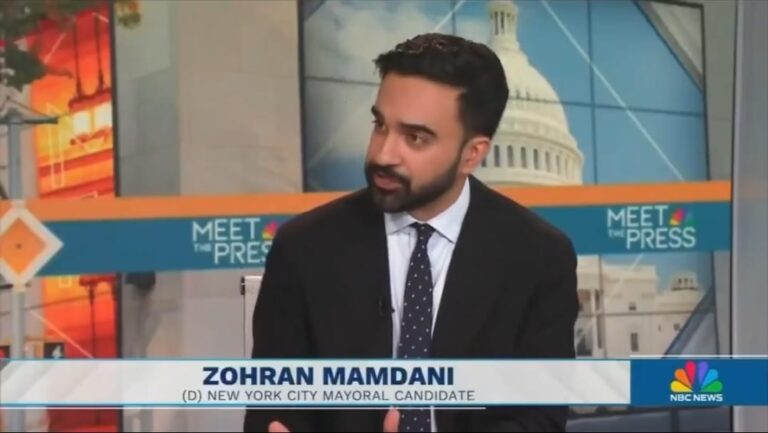
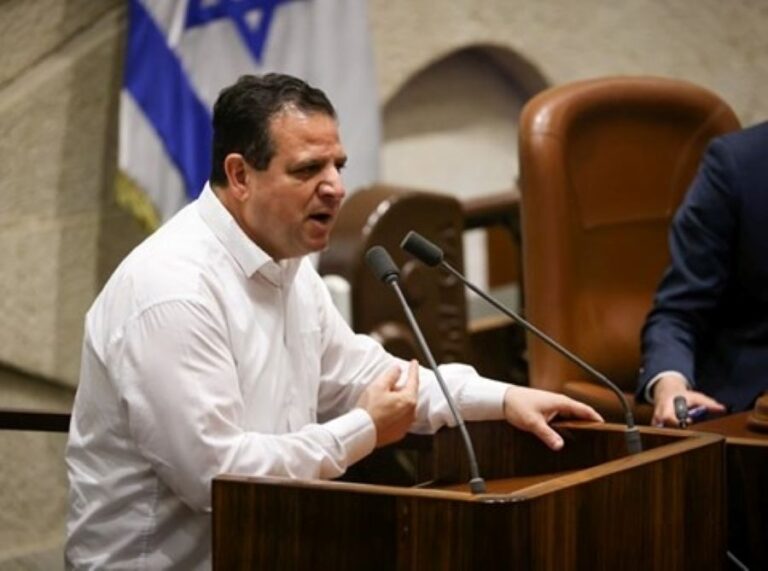

One Response
Orphan you say, eh?
Classic zionist lie about Yemeni children